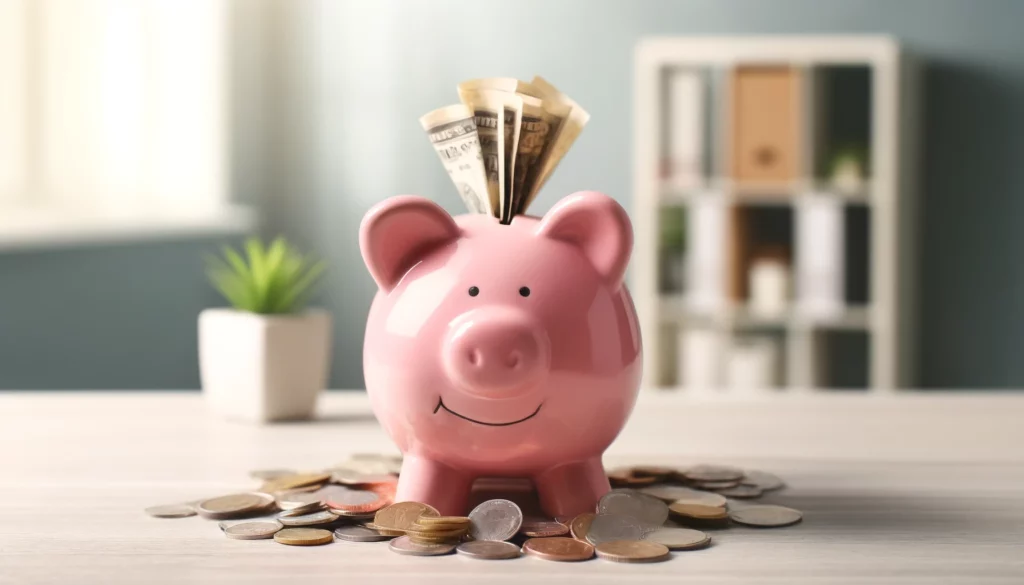Buying your first home is a monumental step that requires careful planning and saving. It’s not just about finding the perfect place to call your own; it’s also about preparing financially to make one of the biggest financial decisions of your life. This listicle provides practical tips on how to strategically save for your first home, focusing on everything from reducing expenses to leveraging beneficial savings plans.
Reduce Expenses
One way to begin saving for your first home is to reduce your current expenses. Take a close look at your monthly spending and identify areas where you can cut back. This might mean cancelling unused subscriptions, dining out less, or opting for more cost-effective transportation options. By reducing unnecessary expenses, you can free up more money to put towards your home savings.
Be Intentional with Your Spending
Being intentional with your spending means having a plan for every dollar you spend. Create a detailed budget that prioritizes your home savings goals while covering essential expenses. This practice not only helps you avoid impulsive purchases but also ensures that a significant portion of your income is allocated towards your future home.
Save Money in a High-Yield Savings Account
A high-yield savings account offers a higher interest rate compared to traditional savings accounts, allowing your money to grow faster. Research and choose an account that suits your needs and start funneling your savings into it. This can provide a substantial boost to your home buying fund over time.
Use the Home Buyers’ Plan
For those eligible, the Home Buyers’ Plan (HBP) allows you to withdraw funds from your retirement savings to buy or build your first home. Familiarize yourself with the program’s details, including how much you can withdraw and the repayment terms, to maximize its benefits for your home purchase.
Keep Up with Your Credit Score
Your credit score plays a crucial role in securing a mortgage with favorable terms. Regularly check your credit report, pay your bills on time, and reduce your debt-to-income ratio to improve your credit score. A higher score can lead to better mortgage rates, potentially saving you thousands over the life of your loan.
Pay Off Debt
High levels of debt can impede your ability to save for a home and qualify for a mortgage. Focus on paying off high-interest debts first, such as credit card balances, to reduce your overall debt burden. This will not only free up more money for savings but also improve your credit score and borrowing capacity.

